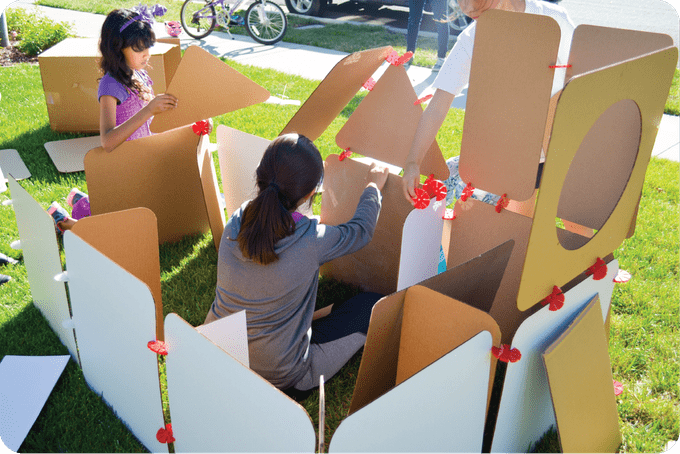Image source: Dreamstime Stock Photos
Parenting is an ever-evolving journey, filled with ups and downs, joys and challenges – and one of the greatest joys is seeing your child develop new interests and passions. As a parent, one of the goals is to expose your child to a variety of experiences and activities that promote growth and learning. One such activity that can have a profound impact on your child’s development is gardening. Not only does it teach them about nature and responsibility, but it also promotes creativity and mindfulness. In this article, we’ll explore some tips on how you can cultivate your child’s interest in gardening.
Make it a Family Affair:
Gardening can become a family activity that builds a sense of togetherness and connection. By involving your child in the process from the very beginning, they will feel a sense of ownership and responsibility towards the garden. Allocate a small plot of land or dedicate a few pots for your child’s own garden space where they can plant and tend to their own plants. This way, they can watch their seeds grow into beautiful flowers or delicious vegetables, fostering a sense of accomplishment and pride.
Table of Contents
Choose Interesting Plants:
Another way to spark your child’s interest in gardening is by selecting plants that are appealing and intriguing to them. Brightly colored flowers, like sunflowers or pansies, can capture their attention and curiosity. Plants that bear fruits or vegetables, such as tomatoes or strawberries, can engage their senses and encourage them to try new foods. Introduce them to plants with unique features, like carnivorous plants or those with unusual shapes, to spark their fascination and encourage them to learn more.
Provide Child-Friendly Tools:
To make gardening more enjoyable for your child, invest in child-sized tools and gardening accessories. Having tools that perfectly fit their little hands will make them feel more involved and competent. Child-friendly gloves, watering cans, and shovels can make the process easier and more fun for them. Consider adding colorful and playful accessories, like ladybug or dinosaur-themed tools, to make the experience even more engaging.
Make Learning Fun:
Gardening offers countless opportunities for learning and discovery. Turn the experience into a fun and educational journey for your child. Teach them about the different stages of plant growth, the importance of sunlight and water, and the impact of insects on plants. Use simple and age-appropriate language to explain concepts, and encourage them to ask questions. Take time to explore different insects, flowers, and leaves with your child, and encourage them to draw or take pictures of what they find. This hands-on approach will allow your child to develop a deeper understanding and appreciation for the natural world.
Experiment and Get Creative:
Gardening can be a great way for your child to experiment and express their creativity. Encourage them to try different planting methods, such as starting from seeds or using seedlings. Allow them to choose their own color schemes and plant combinations to create visually appealing beds or pots. Let them decorate their garden space with handmade signs or ornaments. By giving them the freedom to express themselves, you’ll nurture their creativity and instill a sense of pride in their gardening accomplishments.
Celebrate the Harvest:
One of the most exciting aspects of gardening is the joy of harvesting the fruits (or vegetables) of your labor. Make this moment special for your child by celebrating their achievements. Help them harvest their plants and let them be involved in the process of cooking or preparing the produce. Whether it’s making a salad with freshly picked lettuce or baking a pie with homegrown strawberries, involving your child in the consumption of the harvest will strengthen the connection between gardening and healthy eating.
Stay Patient and Encouraging:
Finally, the key to cultivating your child’s interest in gardening is to stay patient and encouraging throughout the process. Gardening requires time, effort, and dedication, which can sometimes be overwhelming for young children. There will be times when plants die or when your child loses interest temporarily. Be supportive and understanding, and remind them of the joys and rewards that gardening brings. By consistently showing enthusiasm and providing positive reinforcement, you’ll help your child develop a lifelong love for gardening.
In conclusion, gardening can be a wonderful activity to nourish your child’s curiosity and passion for the natural world. By involving them in the process, making it fun and educational, and celebrating their accomplishments, you’ll foster a sense of responsibility, creativity, and connection with nature. So, grab your gloves, get your trowels ready, and embark on this delightful gardening adventure with your child – who knows, you might just end up with a beautiful and bountiful garden, and a child who has developed a lifelong love for plants and nature.



